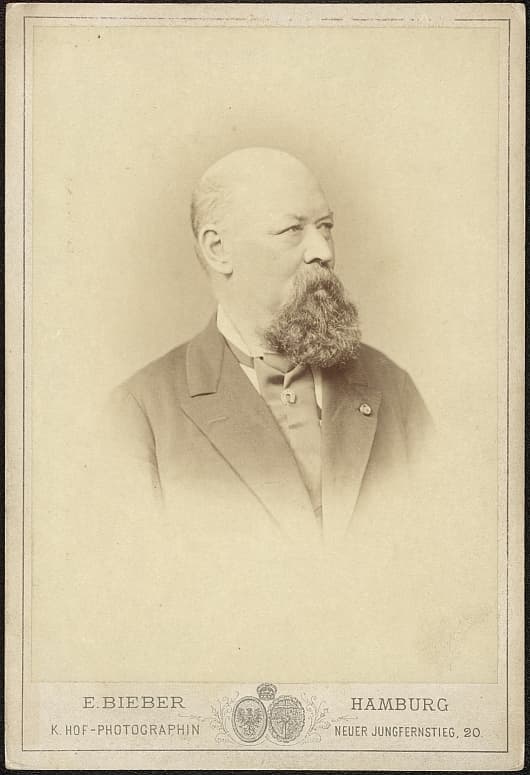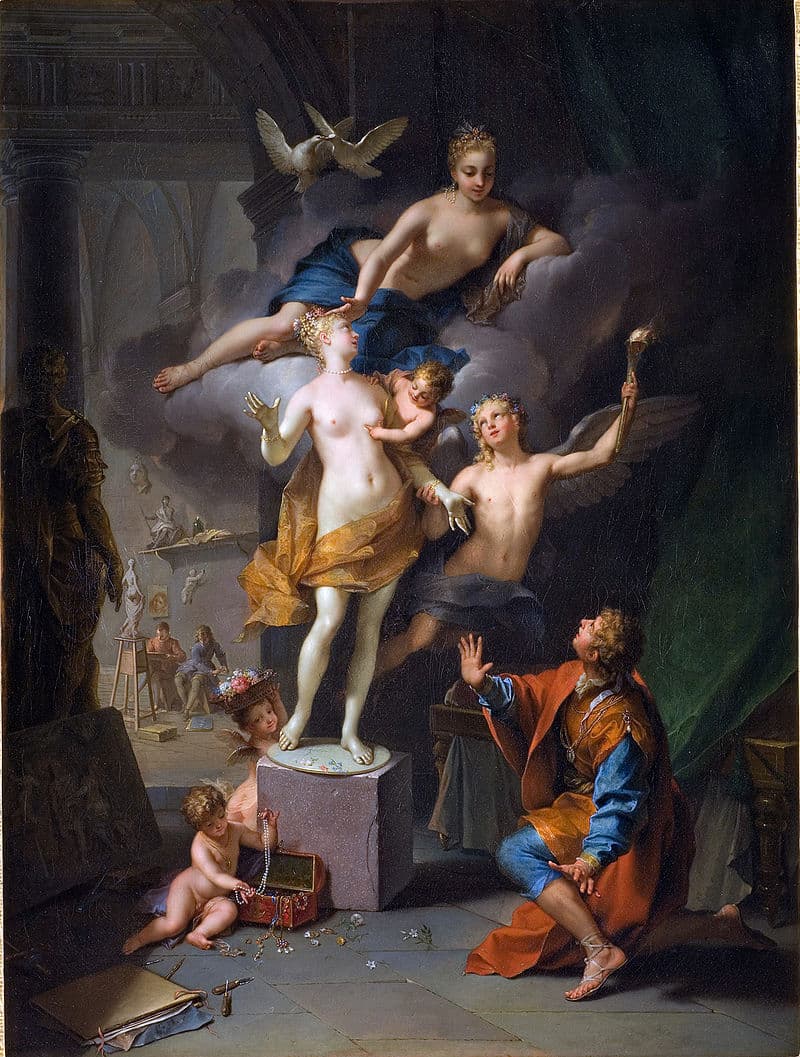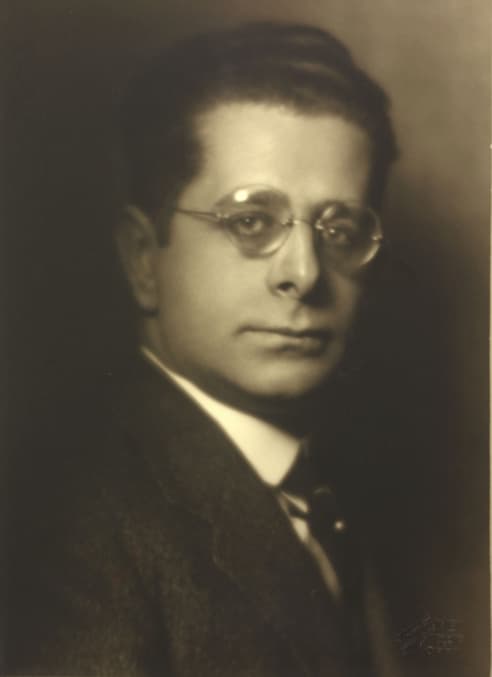The 1850s and 1860s were the start of operetta on the stages of Vienna. Following Jacques Offenbach’s lead, Austrian composer Franz von Suppé (1819–1895), who came to Vienna from present-day Croatia in 1840, found his career first in conducting and opera production, and then in composition, writing music for over a hundred productions at theatres including the Theater in der Josefstadt, the Carltheater in Leopoldstadt, and at the Theater an der Wien. His operettas have faded from the world’s stages, but his overtures remain popular, such as The Poet and Peasant and The Light Cavalry.

Emilie Bieber: Franz von Suppé (Austrian National Library)
One operetta that does remain popular is his send-up of the mythological story about Pygmalion and his statue that comes to life, the beautiful Galathée. Arts patron Mydas has come to Cyprus to see the sculptor and his new creation, with the intent of buying it. Pygmalion refuses to even let Mydas see it and when he attempts to unveil the statue, throws him out of his studio.

Jean Raoux: Pygmalion Adoring His Statue, 1717 (Montpellier: Fabre Museum of Montpellier Méditerranée Métropole)
During the festival of Venus, Pygmalion asks her to bring his statue to life and so his wish is granted. But, she turns out to be coquettish and a ‘very independent-minded creature.’ Instead of falling in love with Pygmalion, she falls in love with his much more pleasing servant Ganymed. Mydas returns to try and bribe her with jewels, which she accepts while distaining his offers. Pygmalion succumbs to jealousy of both Ganymed and Mydas and when Galathée flees his wrath, she’s pursued by both Ganymed and Mydas. Ganymed catches up with her and when Pygmalion finds them kissing, he asks Venus to turn her back into a statue. Venus grants his wish and, all love gone, Pygmalion sells the statue of his wayward former idol to Mydas.
The ’comic-mythological’ operetta was given its premiere in Berlin in 1865.
Franz von Suppé: Die schöne Galathée Overture
This recording by the Berlin Philharmonic under the direction of Wilhelm Grosz was issued on 27 October 1929. The orchestra was founded in Berlin in 1882 by musicians who left their former conductor Benjamin Bilse when he proposed that their tour to Warsaw would be by fourth-class train. The new ‘Frühere Bilsesche Kapelle’ (Former Bilse’s Band) was first led by Ludwig von Brenner, who renamed them the Berlin Philharmonic. In 1887, when pianist and conductor Hans von Bülow took leadership, the new orchestra started to build its international reputation and famous conductors including Hans Richter, Felix von Weingartner, Richard Strauss, Gustav Mahler, Johannes Brahms, and Edvard Grieg led the orchestra in its early years. Arthur Nikisch became their chief conductor in 1895 to be followed in 1923 by Wilhelm Furtwängler. Furtwängler fled Germany in 1945 and returned to lead the orchestra in 1952. He was followed by Herbert von Karajan, Claudio Abbado (1989–1999), Simon Rattle (1999–2018), and Kirill Petrenko (from 2019) as chief conductor.

Georg Fayer: Wilhelm Grosz (Austrian National Library Picture Archive)
Austrian conductor Wilhelm Grosz (1894–1939) also had careers as pianist and composer. In 1921, he was appointed conductor of the Mannheim Opera but returned to a career in Vienna as composer and pianist the next year. From 1927, he was the artistic manager of Berlin’s Ultraphone Gramophone Company. Fleeing Germany, Grosz first settled in England where his musical style was too far ahead of contemporary taste. He started writing popular music to others’ lyrics, including ‘Isle of Capri’ (1934) ‘Red Sails in the Sunset’ (1935), and ‘Harbour Lights’ (1937). He moved to the US in 1938 but died in early 1939 in New York City, only a few months after his move. He had been on his way to Hollywood to join the other successful European composers who found a home there.

Performed by
Wilhelm Grosz
Berlin Philharmonic
Recorded in 1929
Official Website
For more of the best in classical music, sign up for our E-Newsletter


